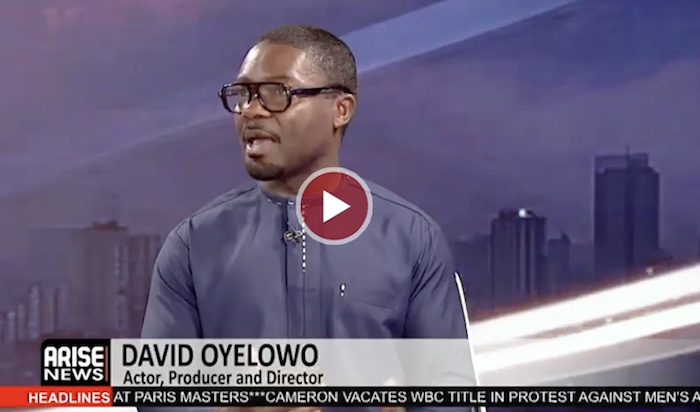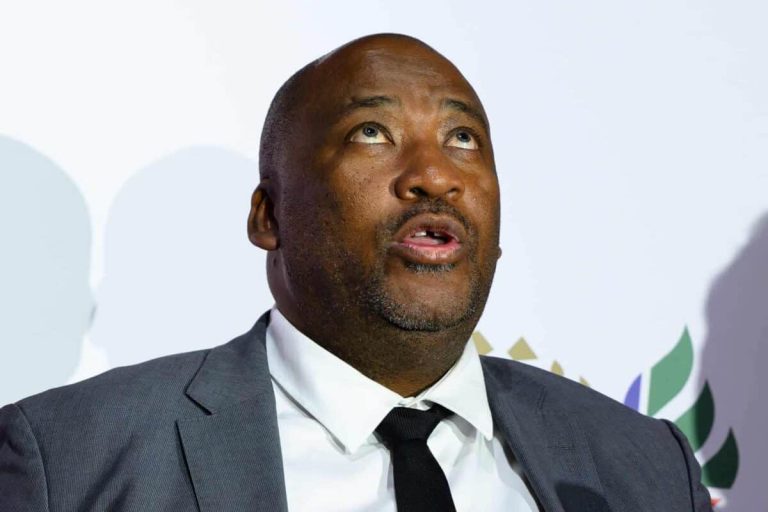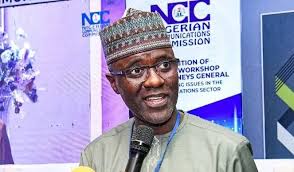
British-Nigerian actor and filmmaker David Oyelowo has called for stronger government support and investment in Nigeria’s film industry, stressing that the country’s storytelling potential remains vastly untapped.
Speaking during an interview with ARISE NEWS on Sunday, on the need for authenticity in Nigerian filmmaking, Oyelowo lamented that many local productions are constrained by limited budgets and a profit-first mindset, which often undermines creative storytelling. He noted that while co-productions with international partners have helped bring some authenticity to Nigerian stories, the lack of sufficient local funding continues to pose a major challenge.
“We’re missing an opportunity here, not just with storytelling but with tourism and with just people knowing more about Nigeria,” Oyelowo said. “There is not a terrain that you could be seeking for that isn’t here in Nigeria. So I think governmental support would be amazing, incentives would be amazing to make sure that production not only comes here but stays here.”
He cited South Africa as a key competitor for film production in Africa, noting that its government offers tax rebates of up to 40 percent, a major incentive that has lured even films set in Nigeria to be shot there instead.
“Our main competitor when it comes to a hub for filmmaking is South Africa and they have tax incentives. I think it’s up to 40 percent or something like that, that you will get back if you go and shoot in South Africa. So there are films that are set here in Nigeria, that will go and be shot in South Africa.
“We have to support filmmakers. We have to support that we’re a nation of storytellers. We have a lot of money here in Nigeria and if we support a film industry that has production value, we will actually get a lot more returns beyond the film industry, because that will be restaurants, that will be tailors, that will be catering, that will be tourism. There’ll be so many hotels, there’ll be so many ancillary industries that we’ll be able to traverse off of that.”
While acknowledging the benefits of international collaborations, Oyelowo emphasised the importance of homegrown ownership of Nigeria’s stories and creative direction. “I think co-productions are good because that also helps with it being global storytelling, but we have to get to the point where it is being driven by us here and we have the resources and we certainly have the locations,” he concluded.
Melissa Enoch



